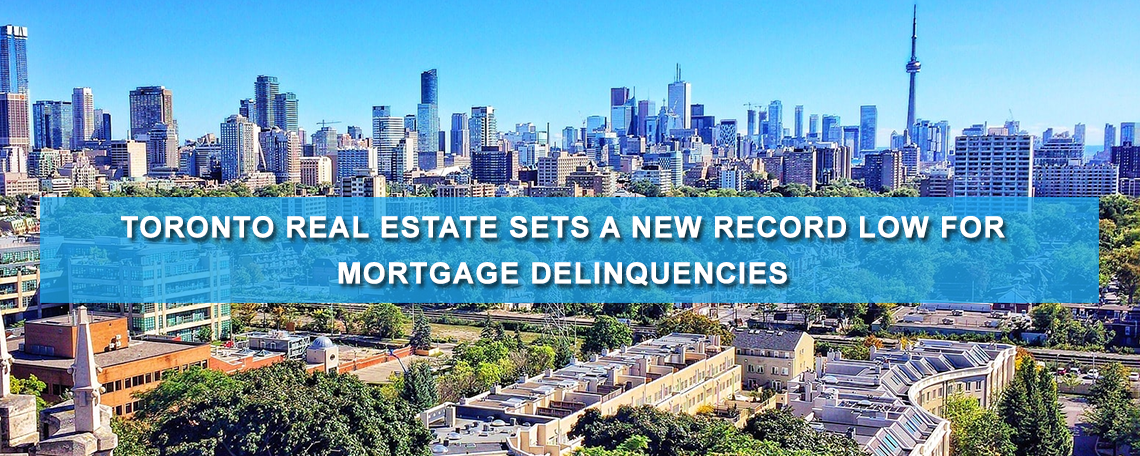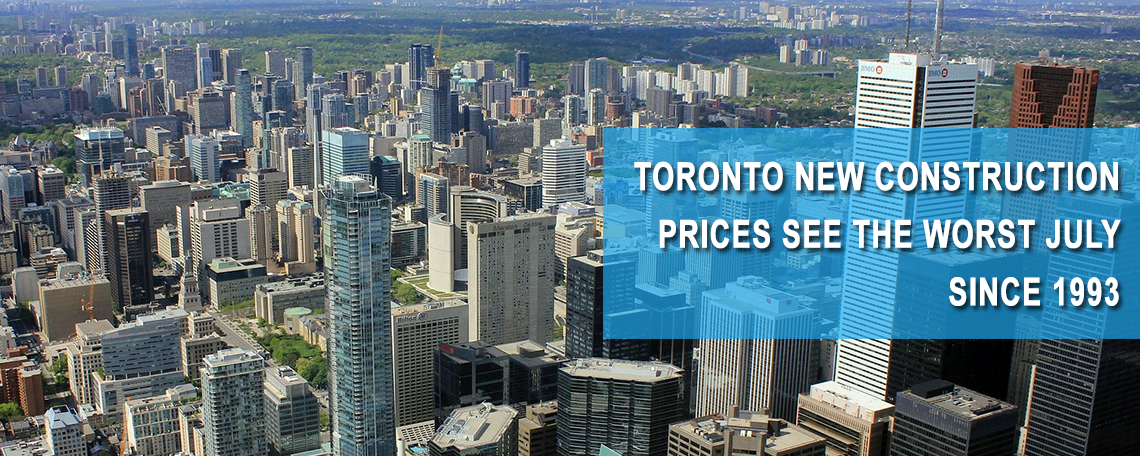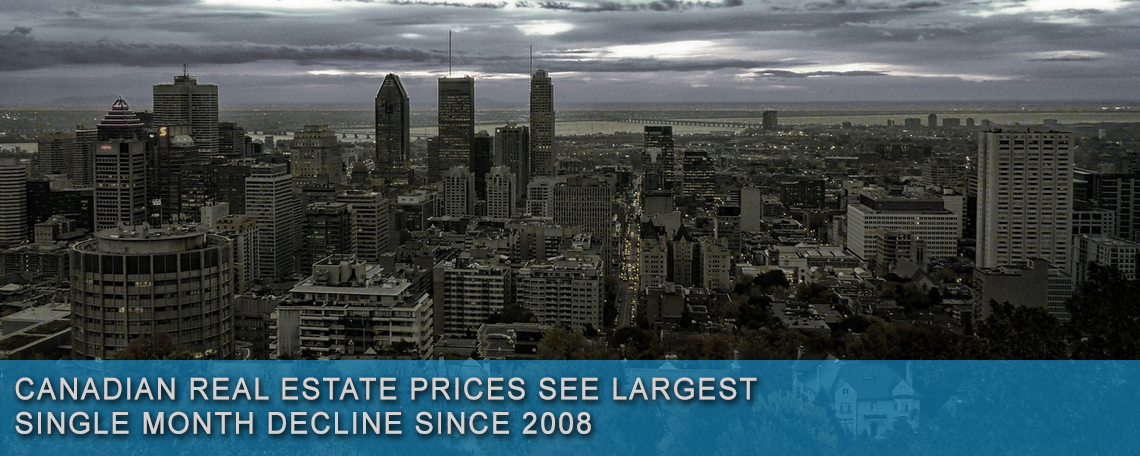The Perplexities of Real Estate Investment in Canada
Real estate has always been a hot topic in Canada. With a vast and diverse landscape, it is not surprising to see a thriving real estate industry. The country offers a wide range of properties like single-family homes, aparthotels, condos, and luxury villas. As a result, investing in Canadian real estate can be a great way to capitalize on these diversified properties and reap huge profits.
However, investing in real estate can be perplexing, even for professionals who have been in the industry for years. There are so many intricacies and moving parts to the industry that one may miss out on some details while trying to make a profit.
One of the most significant challenges that real estate investors can face in Canada is a fluctuating market. Every investor needs to understand that real estate values are susceptible to the fluctuations that may arise over an investment period. Economic conditions, political instability, and other factors can create situations where properties have varying prices. It is best to invest in a property that has a good track record of value appreciation.
Another challenge that investors face in Canadian real estate is tax implications. While tax regulations for foreign investors in Canadian real estate are reasonable, they are still subject to taxation. Taxes can either eat into your profits or be a deciding factor in whether or not an investment is profitable at all.
Real estate professionals and investors alike also need to be aware of zoning changes. One of the biggest factors that can affect the value of properties is a zoning change. Any change in zoning can drastically affect the value of a property and the usage of it. Investors need to understand the zoning regulations before investing in a property.
Purchasing property in Canada may also require extensive research. Investors need to understand the different types of properties available in Canada, and the different rules that go along with them. There are several types of properties, single-family homes, aparthotels, condominiums, and luxury villas. Each type of property will have unique opportunities and risks associated with it.
Furthermore, investors need to have a deep understanding of the local market dynamics. There are many social and economic factors to consider, like the targeted demographic, the market trends, consumer preferences, housing availability, and more. Each region in Canada has a unique real estate market, which makes deep local market research a significant part of any investment decision.
In conclusion, real estate investment in Canada can be a lucrative way to make money and create long-term wealth. However, it can also be a daunting and perplexing process. Real estate fluctuation, tax implications, zoning changes, research requirements, and local market dynamics are all factors that should be considered when investing in Canadian real estate. Whether you’re a veteran real estate professional or a new investor, take the time to research and understand all the factors involved in residential real estate investment in Canada.
The Perplexities of Real Estate Investment in Canada – Quilbot version
The Canadian real estate industry offers a wide range of properties, which can make investing in real estate complicated. From fluctuating markets to tax implications to zoning changes, there are many intricacies to consider when dealing with this industry.
Investors can face significant challenges in a fluctuating market. It’s important to invest in a property that has a good track record of increasing in value and to understand how economic conditions and political instability can impact the market.
Tax implications are another challenge investors need to be aware of. Tax regulations for foreign investors are reasonable, but it’s important to know what taxes can apply, so they don’t eat into your profits.
Zoning changes can make a property less valuable or change its usage entirely, so it’s essential to understand the zoning regulations before investing.
Research is essential when purchasing property in Canada. Investors need to know the different types of properties available, the rules that go along with them, and how the local market dynamics work.
The local market dynamics can vary significantly depending on the region, so investors need to do deep research to determine the best investment opportunities available.
In conclusion, investing in Canadian real estate can be a lucrative way to create long-term wealth. However, it can also be a daunting process. Take the time to research and understand the intricacies of the industry, and always consider factors like fluctuating markets, tax implications, zoning changes, and local market dynamics to make informed investment decisions.
 Once you have outlined your budget you should determine where each penny will be allocated throughout the coming redesign. Majority of the time, you can bet that labor will cost about a third of the funds.
Once you have outlined your budget you should determine where each penny will be allocated throughout the coming redesign. Majority of the time, you can bet that labor will cost about a third of the funds. Accept nothing short of ideal in your build for your remodel to the bath room looking at the amount of time you’ll be in there.
Accept nothing short of ideal in your build for your remodel to the bath room looking at the amount of time you’ll be in there.

